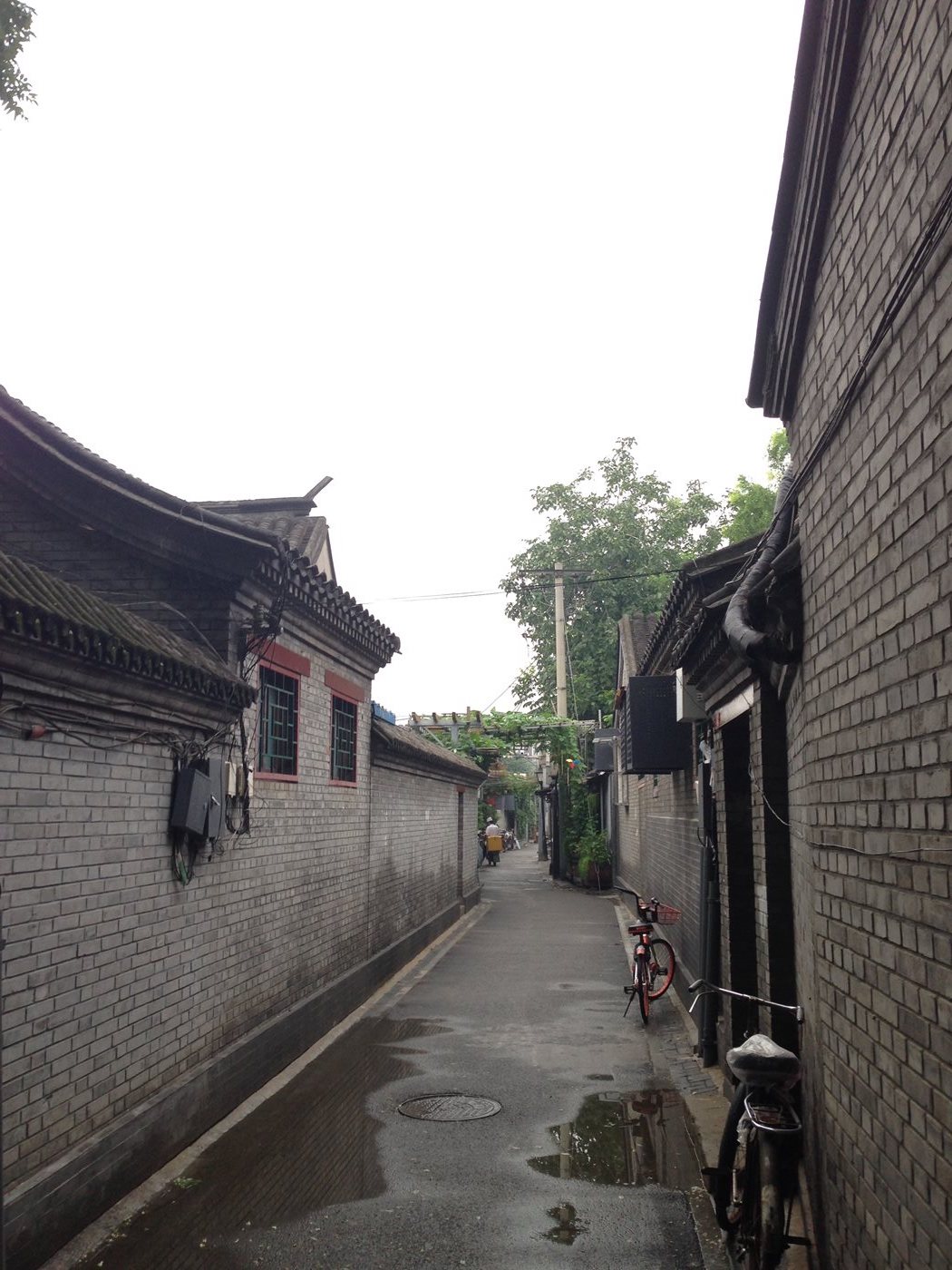July 2018

I study architectural and urban history, especially historic preservation in traditional residential communities. I’m most interested in knowing people’s values, motivations, and practices regarding preservation. This means that I need to spend a lot of time everyday with the community folks, and this is also what I’ve been doing for this entire summer.
Last month, I shared with you my experience of working with local communities and today I will share more tips about how to interact with people outside of our academic circle, and how to build our confidence through these interactions.
1. Do it because you mean it
As a student we’re used to having professional conversations with our peers and mentors. However sometimes we don't realize that there are many people out there who don’t know our academic lives and don’t understand what we are doing. This is the very first barrier that we need to deal with while working with the local community. I figure that if I prepare my interview scripts well, having the printed materials near at head and explaining to my interviewee about our conversation with patience and confidence, then they know that I mean it, that I am very serious about my research. They often pay respect to us when they get the idea of why we’re doing it. Casual dialogues can help build mutual trust at the beginning, but when we go further into our project, it is very important to make our conversations as professional as possible.
2. Stick to the point
We know that for our limited time and energy, we need to focus on the most important concepts/contents we want from working with local communities. But I also understand that there are too many interesting things that are happening everyday, with our lives and our community folks’ lives. People meander a lot even if you already have an agenda. If this happens at an interview, carefully redirect their attention to the topics you want to discuss. Don’t cut off their memory chain, but redirect their storyline to something that you are interested as a scholar. I admit that there are always fantastic stories from my interviewees’ personal lives, but if they are not related to my research, then I save the conversation for a later time. After all, we don’t have the luxury to spend a huge a mount of time in the field.
3. Learn to deal with misunderstanding and disparagement
For some people, no matter how much time we spend in the community, we are always an outsider who don’t know nothing, and they claim that our research worth nothing. Unfortunately, this do happen with somecommunity people. I’ve discussed my frustration about this situation with so many of my friends and mentors, and they always comforted me and gave me much-needed encouragement. The thing is, we need to first of all reflect on our hearts and minds. Doing research (especially in the Humanities and Social Sciences) can be a hard choice and a lonely journey, but we then need to remember that we have our own support network. In fact, we’re not doing this alone. Think about all the great writings you read in your field, think about your fellow students, and all the amazing mentors in your life. Even though some people don’t understand the value of our work, we choose our subject and our life for ourselves, not for them. If we can be objective in our research, we can be objective for some people’s misunderstanding. Always focus on hope, not negative energy.
I will continue to share my experience with you, and I also encourage you to share your own experience (ups and downs) of working with local communities!
---
Mingqian Liu
Mingqian Liu is a fourth-year doctoral student in the Department of Architecture